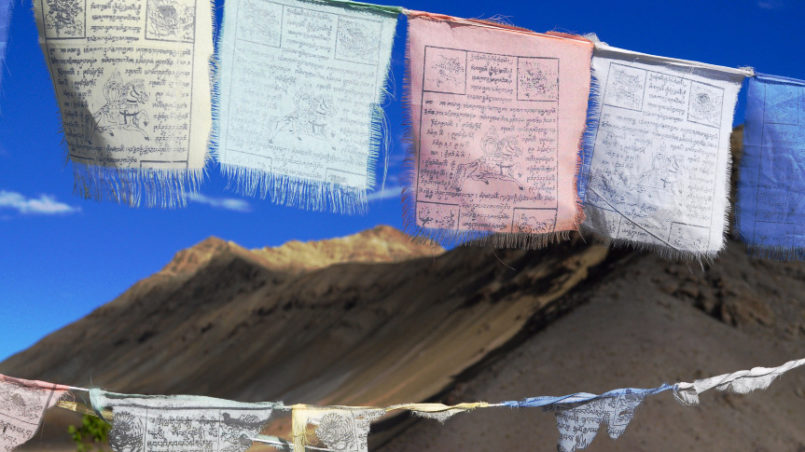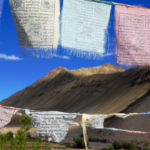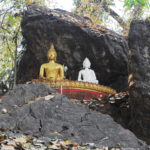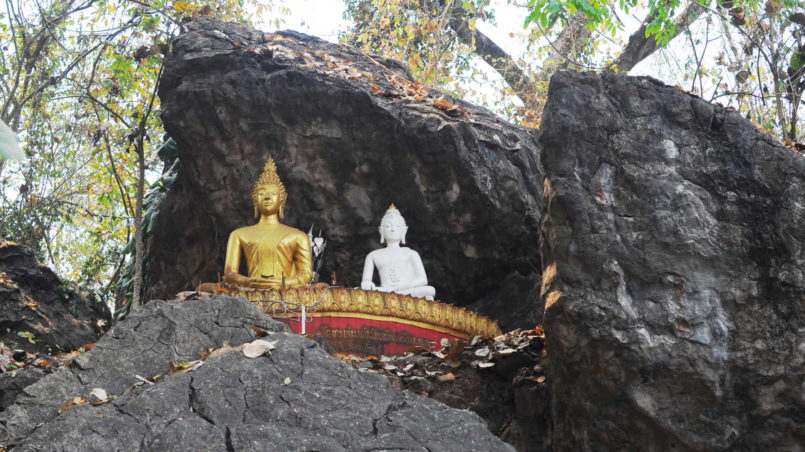Aspects of Buddhism for a Positive Togetherness in the World

When I began to practise meditation, very motivated, at the same time I discovered the teachings of Buddhism. In my previous article, “Control Your Mind“, I wrote about the significance that meditation has gained for me and how practising it helped me to bring my often wandering and restricting thoughts under control.
As is also the case with meditation, the teachings of Buddhism can be integrated into one’s daily life. Buddhism is complex and many of its teachings can only truly be understood by genuine and serious practising.
In the following, I will introduce some selected concepts from Buddhism which I personally have found very helpful for my own life. An awareness of these helps me to see life from a broader perspective instead of from a narrow and limiting point of view. And I believe that having an open point of view as regards many things contributes to making togetherness on this planet better.
Ignorance and the origin of suffering
Suffering is often mentioned in Buddhism. Suffering begins on a small scale and means, for example, that we are often ignorant about our true nature. Normally we chase our thoughts, illusions and self-images, forgetting in the process that most are only stories which take place in our heads.
The concept of karma
We all carry our own individual karma with us and this is responsible for into which life and under which circumstance we are born. Karma is based on the concept of action and reaction: everything that we do and send out, with good or bad intentions, returns to us in some form or another – how and when is unforeseeable – perhaps immediately but perhaps also in one of our next lives. Everything is interwoven and every living being has its own individual karma. Karma shapes all circumstances of our life and all our actions.
Practising compassion
In Buddhism the concept of compassion in particular has a central role. This refers to the belief that we should not go through life being selfish and self-centred but rather we should also consider the well-being of others in all our actions. Because we are basically all the same. We all have an intrinsic awareness, a human body and mind which feels and thinks. We all want to be happy.
I often imagine what it would be like to be another person and what his or her intentions behind a particular deed or action could be. This is not always easy, in particular when I don’t really like this person. But is it not an amazing task to work on one’s own compassion and understanding even when feeling attacked or restricted by another? This also helps me to recognise when I am distracted from my own ego because, for example, I feel personally attacked from the outside world.
Ego and non-clinging
The thought of freeing yourself from the identification with the ego is very central. Ego means that, as a person, we follow our desires, our wishes and our own cravings and at the same time make our own happiness dependent on their fullfillment. When I am pursuing a goal in order to ultimately appear better but forget the well-being of others in the process, then I am obviously driven by my own ego which places much value on one’s good reputation and personal performance.
A truly honest and free life can only be led when the ego is not granted so much decision-making power. I think that this is one of the most difficult tasks on our paths. Due to our performance-oriented society, since childhood we are shaped to achieve a social status and to behave in a competitive manner.
I consider it to be a mission in life to practise Buddhism. And that it appeals to me is probably because I do not trust concepts which promise quick changes and transformations. Because everything that is honest and well-founded needs time to thrive and grow. And, whether we like it or not, hurdles and obstacles have to appear on our path so that we can test our own intentions and weigh up new ones.
Translation into English: Donna Stockenhuber
Credits
| Image | Title | Author | License |
|---|---|---|---|
 |
Prayerflags in Ladakh | Lisa Dau | CC BY-SA 4.0 |
 |
Buddha statues in Laos | Lisa Dau | CC BY-SA 4.0 |

